It’s important to explore innovative technologies that can offer sustainable and energy-efficient heating solutions. Absorption heat pumps have emerged as a promising option in heating systems. These heat pumps utilize heat sources like natural gas or solar energy to drive the absorption refrigeration cycle, providing heating while consuming less electricity compared to conventional systems. In this blog post, we probe into the workings of absorption heat pumps and evaluate their potential to offer an energy-efficient heating solution for residential and commercial spaces.
Fundamentals of Absorption Heat Pumps
How Absorption Heat Pumps Work
Work
Types of Absorption Heat Pumps
Energy Efficiency of Absorption Heat Pumps
Thermal Performance Comparison
| Absorption Heat Pumps | Conventional Electric Heat Pumps |
|---|---|
| Utilize waste heat for operation | Require electricity for operation |
| Higher initial cost but lower operational costs | Lower initial cost but higher operational costs |
| Environmentally friendly | Higher carbon footprint due to reliance on electricity |
On a thermal performance comparison, absorption heat pumps outshine conventional electric heat pumps in terms of energy efficiency. By utilizing waste heat as a primary energy source, absorption heat pumps can achieve higher efficiencies, especially in applications where waste heat is readily available.
Energy Source Utilization
Any discussion on the energy efficiency of absorption heat pumps must address the importance of energy source utilization. Unlike conventional electric heat pumps that rely solely on electricity, absorption heat pumps have the unique ability to use a variety of energy sources such as natural gas, solar energy, or waste heat from industrial processes. This flexibility allows absorption heat pumps to operate more efficiently and reduce overall energy consumption.
Heat pumps, particularly absorption heat pumps, offer a more energy-efficient solution compared to conventional electric heat pumps. By leveraging waste heat and utilizing a variety of energy sources, absorption heat pumps can significantly reduce energy consumption and operational costs while being environmentally friendly.
Applications of Absorption Heat Pumps
Residential Heating and Cooling
Unlike conventional heat pumps that rely on electricity to operate, absorption heat pumps offer an energy-efficient alternative for residential heating and cooling systems. These systems utilize a natural gas, propane, or solar energy heat source, making them environmentally friendly and cost-effective for homeowners.
Industrial and Commercial Use
Cooling and heating large industrial and commercial spaces efficiently is crucial for businesses looking to reduce energy consumption and costs. Absorption heat pumps are gaining popularity in these settings due to their ability to provide both heating and cooling using waste heat sources. For instance, absorption heat pumps can utilize waste heat from industrial processes to generate heat for space heating or hot water production, making them a sustainable and economical choice for industrial and commercial applications.
Challenges and Considerations
Cost-Benefit Analysis
Now, when considering the implementation of absorption heat pumps in your home or business, it’s vital to conduct a thorough cost-benefit analysis. This analysis should include the initial investment cost, potential energy savings over time, and any available incentives or rebates to make an informed decision.
Environmental Impact and Sustainability
Any discussion around absorption heat pumps must take into account their environmental impact and sustainability. These systems have the potential to significantly reduce carbon emissions and contribute to a more sustainable future by utilizing waste heat or renewable energy sources for heating and cooling purposes.
Considerations should also be given to the materials used in the production of absorption heat pumps, as well as their end-of-life disposal. It’s crucial to choose models that are energy-efficient and have a long lifespan to minimize environmental impact and ensure sustainability.
Sustainability is a key factor in the growing focus on renewable energy and efficient heating and cooling solutions. By opting for absorption heat pumps, you’re not only investing in an energy-efficient technology but also making a positive contribution to environmental conservation and long-term sustainability efforts.
Final Words
With these considerations, it is clear that absorption heat pumps offer a promising solution for reducing energy consumption and lowering carbon emissions. Their ability to utilize waste heat and operate with environmentally friendly refrigerants make them a sustainable option for both residential and industrial applications. By harnessing the principles of thermodynamics, absorption heat pumps provide an energy-efficient alternative to traditional heating and cooling systems. As technology continues to advance, absorption heat pumps have the potential to play a significant role in our transition to a more sustainable future.
Related Posts
 Top 10 Benefits Of Working With A UK Ventilation Supplier
Top 10 Benefits Of Working With A UK Ventilation Supplier
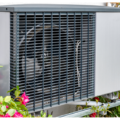 What Makes Sorption Heat Pumps Stand Out From Traditional Options?
What Makes Sorption Heat Pumps Stand Out From Traditional Options?
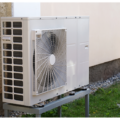 Are Ground Source Heat Pumps The Eco-Friendly Choice For You?
Are Ground Source Heat Pumps The Eco-Friendly Choice For You?
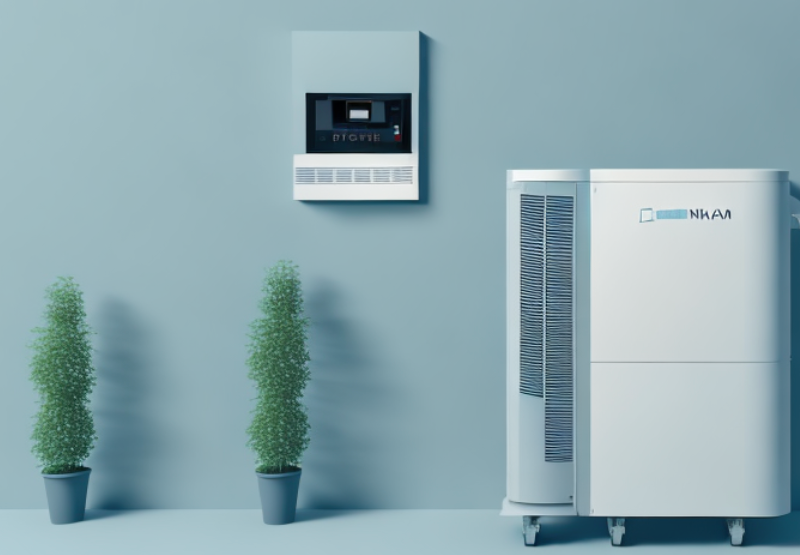 5 reasons why Nilan heat pumps are popular
5 reasons why Nilan heat pumps are popular
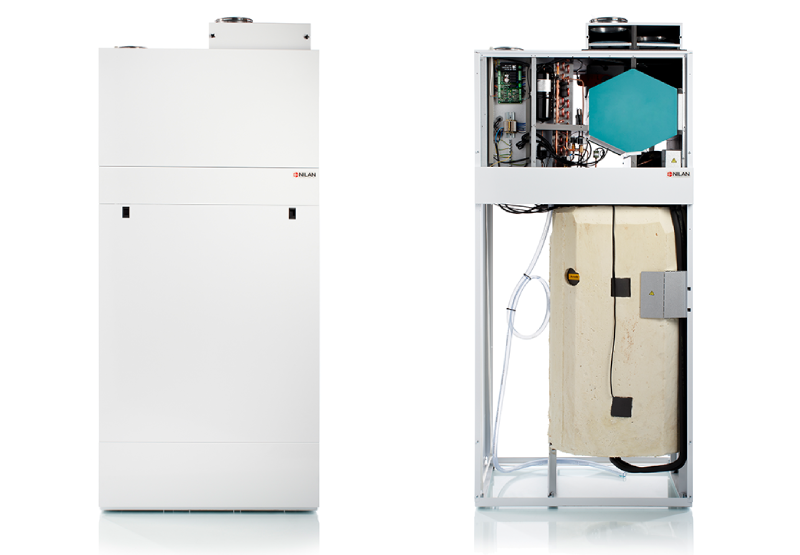 Nilan Compact P Air 9 – A Feature-Packed Ventilation Unit for Homes
Nilan Compact P Air 9 – A Feature-Packed Ventilation Unit for Homes
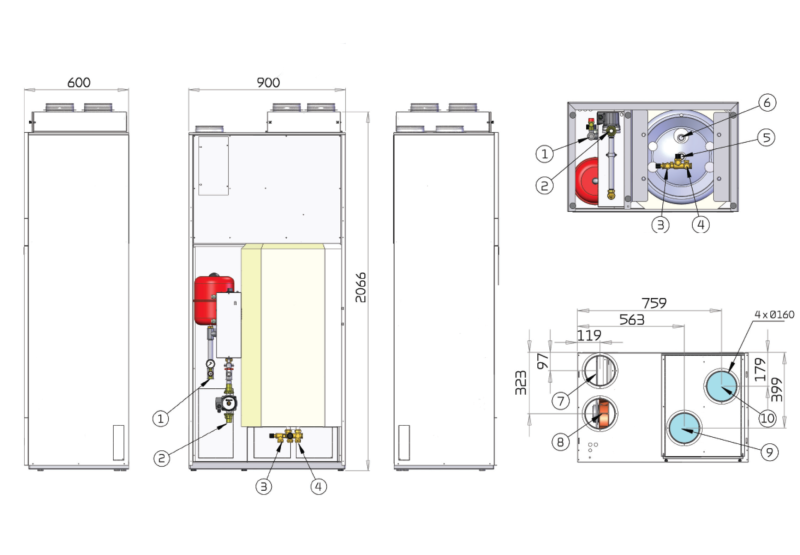 Nilan Compact P EK: A Revolutionary Ventilation System for Modern Buildings
Nilan Compact P EK: A Revolutionary Ventilation System for Modern Buildings
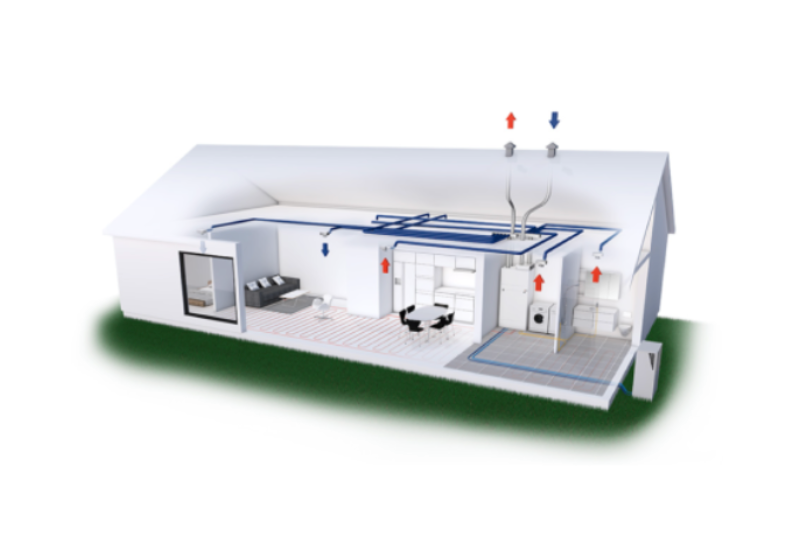 5 Benefits of a Heat Pump – All Explained
5 Benefits of a Heat Pump – All Explained
 Expert Advice On Choosing The Right Nilan Supplier For Your Project
Expert Advice On Choosing The Right Nilan Supplier For Your Project
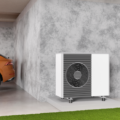 Is Magnetic Heat Pump Technology Worth Investing In?
Is Magnetic Heat Pump Technology Worth Investing In?
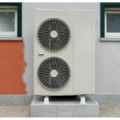 Can Geothermal Heat Pumps Revolutionize Your Home Heating?
Can Geothermal Heat Pumps Revolutionize Your Home Heating?

